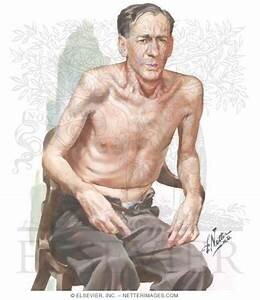
Your Problem Respresentation can be turned into hypotheses using a variety of techniques
step two: Hypothesis generation
Infectious
Neoplastic
mechanism of injury
When you think about it there are only limited processes that injure us. One way of thinking about these mechanisms of injury is:
A) Infectious
B) Neoplastic
C) Inflammatory/Immune
D) Metabolic (processes that the body is supposed to do but is not doing)
E) Toxic/Traumatic (Why are these together? Because they both represent injury from OUTSIDE THE BODY)
F) A wastebasket category I call DELIVERY. Represents when there are problems delivering essential things like blood, oxygen, nutrients. Could also apply to getting rid of waste.
organ system
Complaints can usually be located in one organ system or another. Blood in the stool almost always has a GI source. But what about shortness of breath. It could be respiratory but it could also be cardiovascular, renal, or even related to blood or bone marrow.
Diagnostic Schema
Remember when you learned that all anemia can be explained by either loss of blood or by insufficient production? Or that renal insufficiency must be either pre-renal, intrinsic or obstructive? These are diagnostic schema and often make great shortcuts to working out a differential diagnosis.
Your list of differential diagnoses should include, at a minimum:
A) Your most likely diagnosis
B) A plausible alternative
C) A “not-to-be-missed” diagnosis
Let’s develop a set of differential diagnoses for this patient
Using our Mechanisms of Injury Model:
We might say relatively young man with severe shortness of breath and involuntary weight loss
Infectious: Advanced TB
Neoplastic: Potential small cell lung cancer
Inflammatory: Sjogren’s? Scleroderma? other connective tissue disease
Metabolic: Emphysema secondary to Alpha 1 Antitrypsin deficiency
Toxic/Traumatic: Emphysema secondary to smoking
Delivery: Chronic pulmonary embolus or severe heart failure




